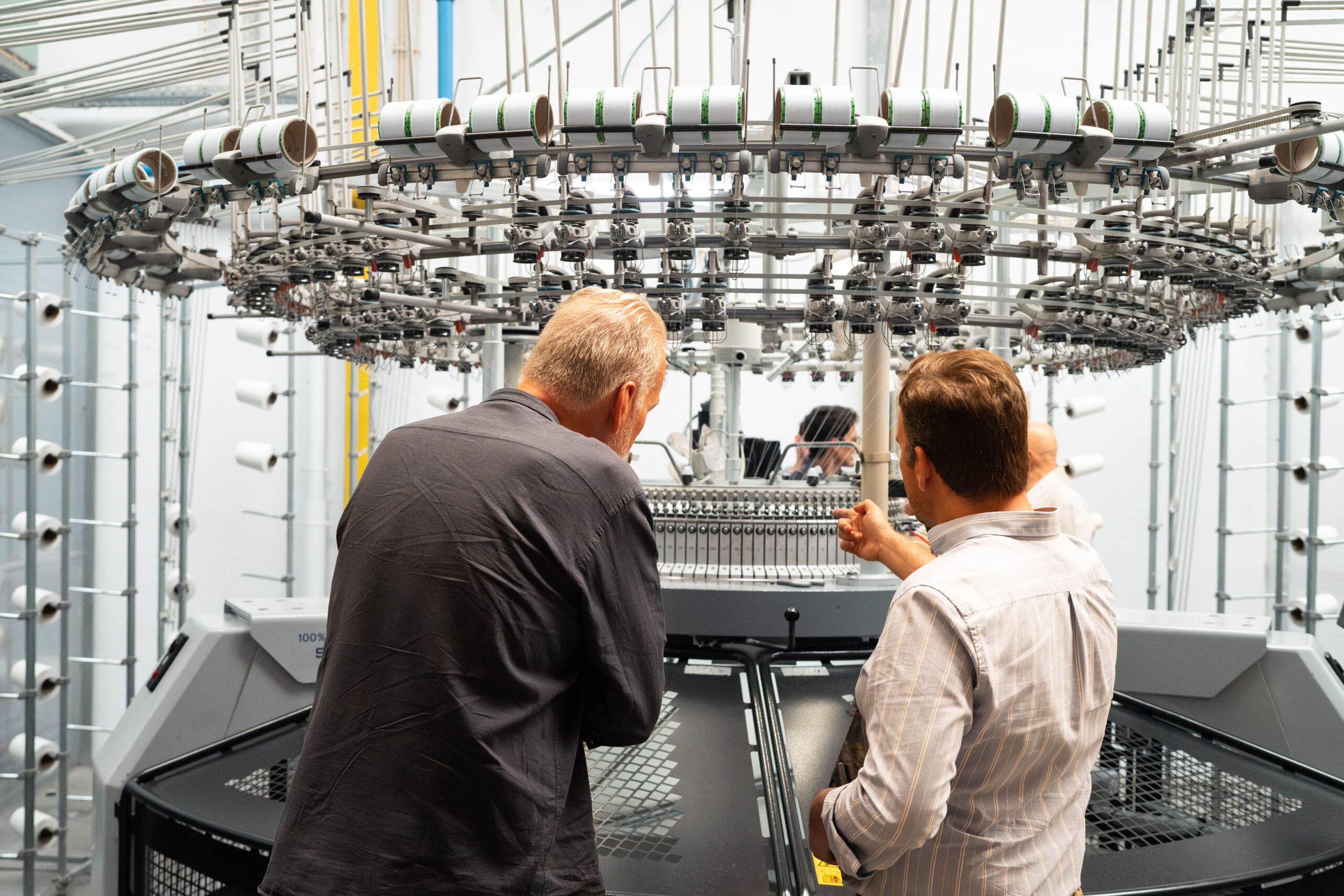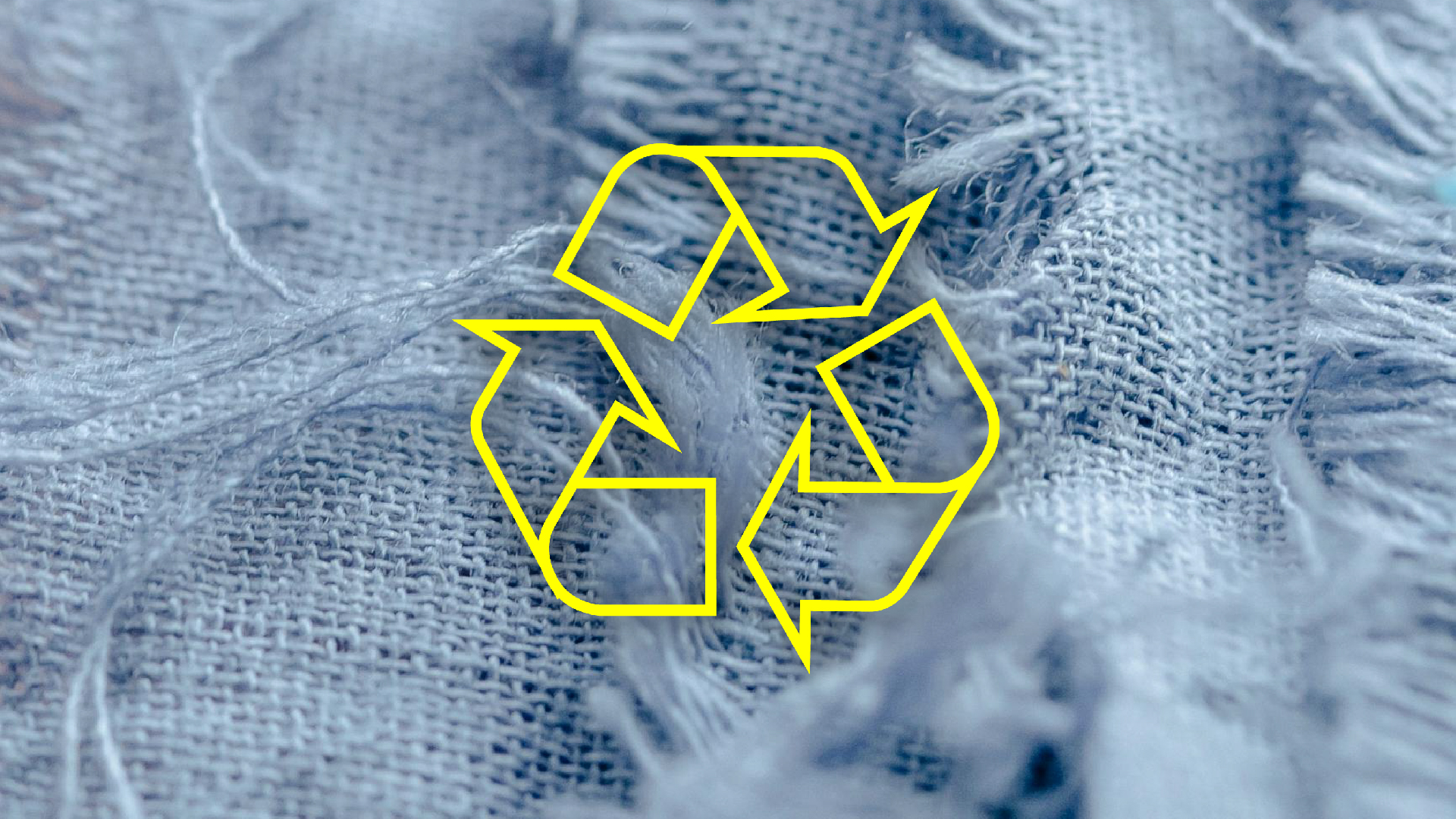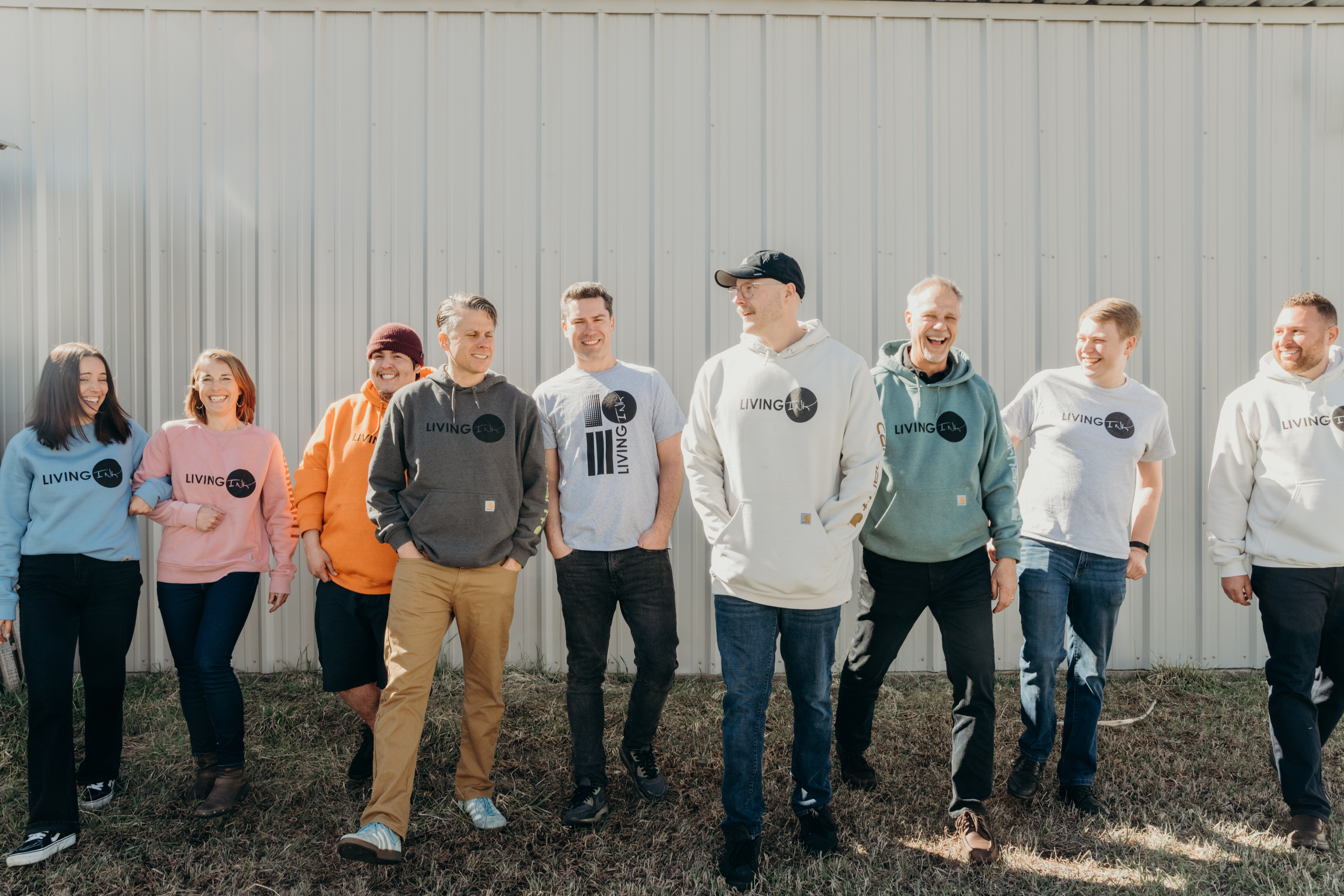First start-ups to join accelerator programme
13 April 2017
AMSTERDAM– Fashion for Good, Plug and Play and Kering have revealed the sustainable textile start-ups awarded a place in the ‘Plug and Play – Fashion for Good’ accelerator to support the scale-up of their innovations.
From the over 250 applicants and a shortlist of twenty, a final selection of twelve start-ups have been awarded a place in the ‘Plug and Play – Fashion for Good’ accelerator, a collaboration between Plug and Play, Fashion for Good and Kering which aims to fast-track sustainable innovation within the luxury and apparel industries.
The twelve start-ups selected, who come from varied fields and academic backgrounds around the world, are Agraloop, Amadou, Dragon, Dropel, ICA Bremen, MySource, MycoTex, Pili-bio, RePack, Sundar, Tersus and Tipa. Selected for their comprehensive approaches to the textile supply-chain, the start-ups’ innovations range from developing new raw materials which will reduce fashion’s environmental impacts, to alternative production methods which will increase clothes’ longevity, and the development of new processes which enable closed-loop product lifecycles.
Under the accelerator, the start-ups will follow a unique 3-month programme during which Plug and Play, Fashion for Good and Kering will support them in scaling-up their innovations by providing mentoring, training, networking opportunities, and other valuable resources.
The accelerator’s second edition will take place later in 2017, with applications already open to start-ups.
“These 12 innovative start-ups are helping us reimagine how fashion is designed, made, worn and reused. They each play a pivotal role in achieving the Five Goods of a transformed fashion industry: Good Materials, Good Economy, Good Energy, Good Water and Good Lives. And through the Plug and Play – Fashion for Good Accelerator, we will help these innovators grow their businesses and ultimately embed them into the global apparel industry,” said Leslie Johnston of C&A Foundation, the founding partner of Fashion for Good.
“At Plug and Play, we have been helping the startup world for the past eleven years, and now, with the creation of the Plug and Play – Fashion for Good accelerator, we are looking for startups that have both social impact and environmental impact. With the direction of Fashion for Good and Kering, the twelve companies we have accepted will make an impact on a global scale,” says Saeed Amidi, Founder and CEO of Plug and Play.
“The key to sustainable progress is innovation, and the ingenuity and endless possibilities that these twelve start-ups have brought to us is truly impressive,” said Marie-Claire Daveu, Chief Sustainability Officer and head of international institutional affairs of Kering. “We look forward to working closely with them to achieve operational practicality, and at the scale required for widespread adoption so that we can support the transformational change that is critically needed in our industry.”
Start-ups:
Agraloop
Collecting waste from fibrous food-crop production including hemp, flax, banana and pineapple, Agraloop transforms these into fibers for use in textiles. Processed using conventional cotton machinery, this new material offers a biodegradable and more environmentally-friendly alternative to conventional fibres.
Amadou
Made from the skin of amadou mushrooms, Amadou is a renewable, biodegradable, vegetarian and lower-environmental-impact alternative to leather. A pilot collection of footwear and accessories have already successfully undergone viability, aesthetic and durability tests to ensure Amadou is suitable for use within the textile sector.
Dragon
Founded by a team of electric and mechanical engineers, Dragon is a novel water purification technology which operates off light energy. The technology includes a high-efficiency water filtration system, which when applied to textile production processes could increase water quality whilst reducing the level of chemicals and energy required.
Dropel
Already developing performance-enhanced natural fabrics and fibers for the apparel industry, Dropel is a bio-degradable polymer that is implemented into the natural fiber. It repels all watery or oily substances, thus increasing the lifespan and durability of any fiber.
ICA Bremen
Using nano-technology to introduce scan-able tracers into fibers of organic cotton, ICA Bremen provides the technology needed to identify organic cotton and the mix ratio of conventional and organic within textiles.
MySource
An intelligent online business network, MySource matches fashion professionals to the connections and information they need to build successful, sustainable businesses. The site builds on ten years of work by the Ethical Fashion Forum, and a global network in 141 countries.
MycoTex
A mushroom-based textile shaped on custom-fitted moulds, MycoTex is a new one-step way of producing clothing that eliminates the need for spinning yarns, weaving and other processes. In addition to being chemical-free and requiring little water to develop, MycoTex is 100% biodegradable meaning clothing can be composted after use.
Pili-bio
Via the use of microorganisms, Pili could enable the textile sector to phase-out petrochemical, non-renewable dyes and replace them with natural organic ones, notably reducing the level of toxic chemicals used in textile production.
RePack
Both a new type of packaging and a new business model, RePack has the potential to reduce the carbon footprint of e-commerce packaging by 80%. Once a product is received, the client sends the packaging back to the store for re-utilisation and thus closes the loop.
Sundar
Sundar is building the digital supply chain for the modern, faster, sustainable fashion industry. The platform connects manufactures and suppliers of textiles, trims, accessories and garments with brands and retailers, and enables in minutes what used to take weeks and months to accomplish.
Tersus
Via its water-free technology, Tersus offers a replacement to conventional high-polluting fiber & apparel cleaning processes. Specifically aimed at brands, dry-cleaning professionals, and industrial laundry cleaning, it uses recycled fluid CO2 (from industrial manufacturing) as a solvent instead of water.
Tipa
Having already developed 100% biodegradable and compostable packaging solutions made from bio-plastics for other industries, Tipa has the potential to reduce waste levels and the use of plastics in the fashion industry.
###
About Plug and Play
Plug and Play is a global innovation platform. We connect startups to corporations and invest in over 150 companies every year. Since inception in 2006, our programs have expanded worldwide to include a presence in 22 locations globally giving startups the necessary resources to succeed in Silicon Valley and beyond. With over 6,000 startups and 180 official corporate partners, we have created the ultimate startup ecosystem in many industries. We provide active investments with 200 leading Silicon Valley VCs, and host more than 365 networking events per year. Companies in our community have raised over $5 billion in funding, with successful portfolio exits including Danger, Dropbox, Lending Club, PayPal, SoundHound, and Zoosk.
About Kering
A global Luxury group, Kering develops an ensemble of luxury houses in fashion, leather goods, jewellery and watches: Gucci, Bottega Veneta, Saint Laurent, Alexander McQueen, Balenciaga, Brioni, Christopher Kane, McQ, Stella McCartney, Tomas Maier, Boucheron, Dodo, Girard-Perregaux, Pomellato, Qeelin and Ulysse Nardin. Kering is also developing the Sport & Lifestyle brands Puma, Volcom and Cobra. By ‘empowering imagination’, Kering encourages its brands to reach their potential, in the most sustainable manner.
The Group generated revenue of €12.385 billion in 2016 and had more than 40,000 employees at year end. The Kering share is listed on Euronext Paris (FR 0000121485, KER.PA, KER.FP).
Other Articles

In conversation with Smartex: Explore Smartex’s AI-driven solutions transforming quality control and reducing waste

Fashion for Good and Textile Exchange Team Up to Trace Textile Waste

